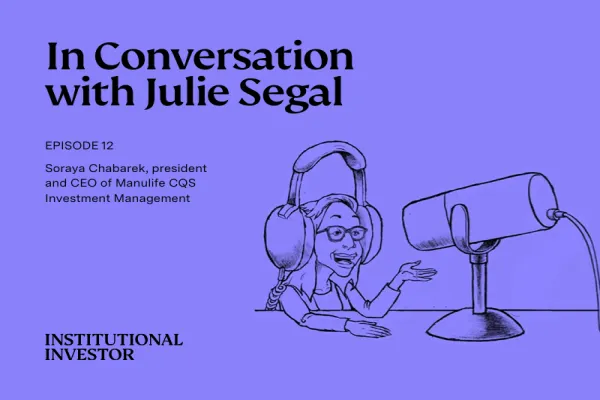Accident or design? It was a little of both that led to the announcement by German insurer Allianz last month that it intends to become the first legal European company.
The seeds of change were planted in January when Munich-based Allianz, which already owned 55 percent of RAS, Italy's second-biggest insurer, began mulling a merger as a way to simplify the larger firm's structure. But there were obstacles: German law does not permit German companies to merge across borders with foreign entities. And although takeovers are legal in Germany, they pose a challenge in Italy, where the law insists on a 98 percent shareholder acceptance rate before squeeze-out rules apply and the company can force out minority stockholders.
"We were sitting around this table, trying to figure out how to do the deal," says Allianz chief financial officer Paul Achleitner, 49, "and one of our lawyers says, 'Well, you can become a European SE.'"
It was a radical idea, but after a nine-month internal study, Allianz, already the Continent's biggest insurance company, decided to take the leap. They applied to become incorporated under the Societas Europaea regulation, which went into effect in October 2004. The SE allows a common, pan-European form of incorporation for companies operating throughout the European Union. The firm expects to complete the paperwork for its European passport by next summer. In the meantime, it announced on September 11 that it is proceeding with its E5.7 billion ($6.9 billion) offer for the remaining shares of RAS. The deal should be completed in January 2006.
Allianz is also moving to take advantage of other benefits that will come from the conversion. Becoming an SE means, for example, that Allianz will be able to reduce the size of its board and be more flexible about its composition.
A German supervisory board must have an equal number of shareholders and employees represented. A European SE, however, can have either a unitary board or a two-tiered structure with an executive board to manage the company and a supervisory board to provide oversight. Allianz chose the latter, Achleitner says, "because a two-tiered board has a clear delineation of tasks."
More significantly, EU law does not stipulate the minimum size of a board -- only that it must be divisible by three -- and it is flexible about the level of employee representation. Allianz cut its supervisory board from 20, the minimum required in Germany, to 12. To help forestall possible union discontent, it conceded parity representation.
Making the SE conversion will pave the way for future mergers. The next logical target might be French insurer AGF, of which Allianz owns a 62 percent stake. As an SE, Allianz can play up the cultural symbolism of being the first big truly European corporation. Attorney Laurenti Kiszczuk, a specialist in takeovers and acquisitions at the Frankfurt law firm Faegre & Benson, sees the benefits to becoming an SE but points out that Allianz is also entering uncharted territory. There is no experience or case law associated with a Societas Europaea. "It's a bold step for Allianz, but perhaps overly ambitious," he asserts.
But Achleitner is not concerned with a hypothetical future. "What is important for us is, we are more than the big German insurance company, as people tend to describe us. We are no longer just German or just involved in insurance."





